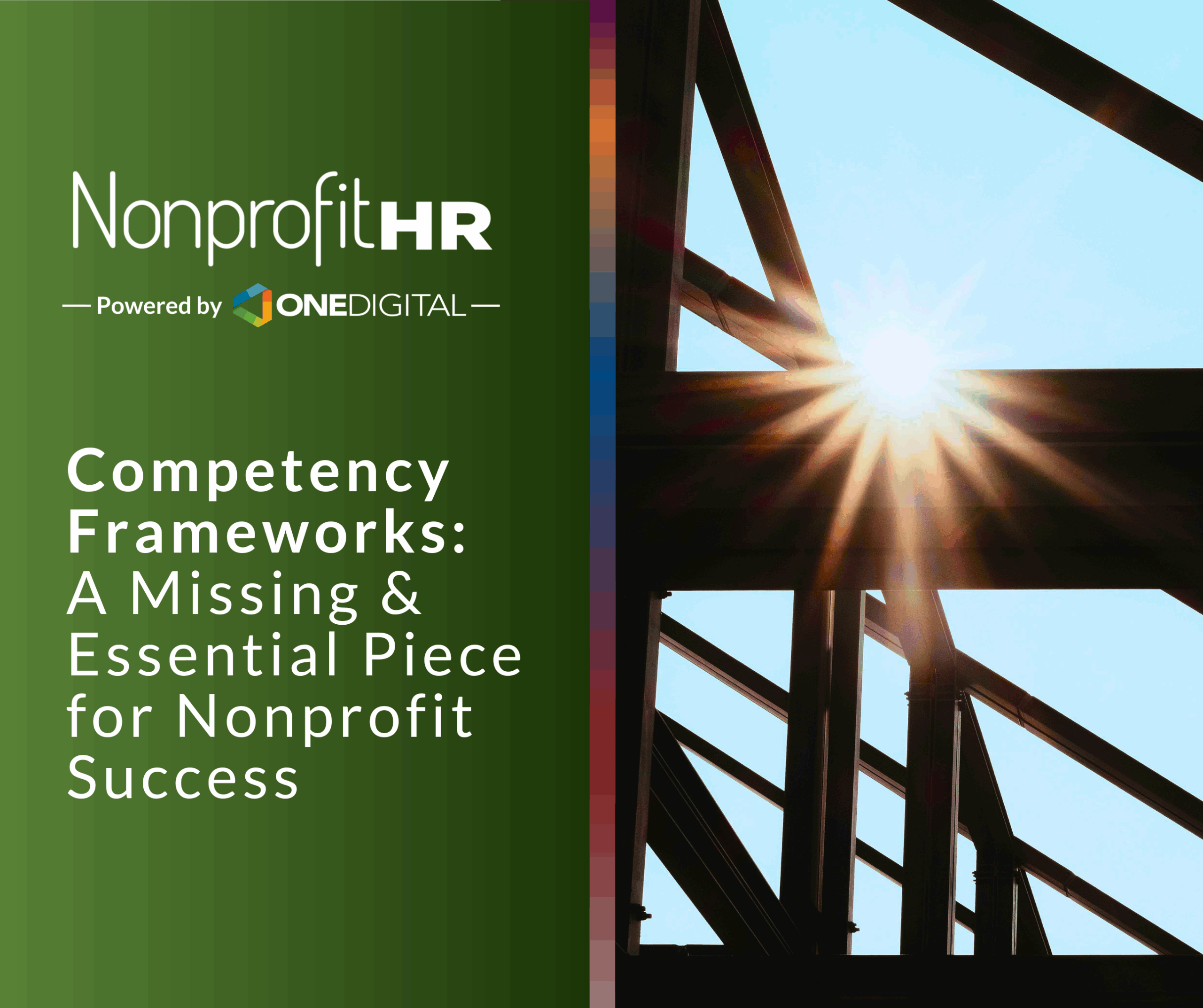WTOP: 5 ways nonprofits can…
If you’re an HR practitioner at your organization who holds responsibility for benefits administration, chances are you engage with a benefits broker on a fairly regular basis. Your broker provides tailored consultation and guidance to your organization in terms of selecting, servicing, changing and/or terminating any of your organization’s insurance policies. How well your broker is providing services to your organization has a direct impact on the success of your overall total rewards programs. Since employers invest a significant amount of money in their employee benefit programs, it’s vital that your relationship with the broker be highly engaging and productive.
So, how do you know when your broker relationship is no longer working for your organization? After reading this article, you’ll be able to assess five common areas within your broker relationship and to know when it’s time to make a change.
Communication
How promptly does your broker return your emails or phone calls? Is it within a couple of business days or sometimes up to a week? If you find that he is taking a long time to get back with you – or worse, you’re having to do multiple follow-up requests to your broker on an issue you previously submitted, then you’ve got a communication issue with the broker.
Takeaway: You should expect to receive a reply from your broker within a few business days. Beyond that, they should be acknowledging your request and providing an estimated date of delivery.
Engagement
Over time, even the best relationships can suffer a little when routine sets in. An organization may end up renewing the same benefit plans year over year with very little changes. As time progresses, the broker might sense this strategy and even conclude that a less-experienced service team can now adequately handle the needs of the account. The risk with this approach is that, over time, the broker gradually becomes disconnected from the organization’s needs and can fall into a purely transactional mindset. When the day finally arrives to implement changes, the newer service team may not even be fully aware of the high-level strategy that went into creating the current benefit program arrangement.
Takeaway: Your broker cannot strategically advise your organization on its benefit programs if it’s not actively engaged in the administration and oversight of the benefit plans in place.
Level of Service
When you ask him to assist with a task such as producing a benefits guide for the upcoming plan year, what’s the quality and level of service that you receive on those type of requests? What about the level and depth of strategic analysis that the broker prepares at renewal or upon request throughout the plan year? Personally, I find it frustrating to anticipate a product only to discover that little thought or detail went into its production and execution.
Takeaway: If you’re clearly communicating your expectations but regularly seeing finished products that look quickly produced or not thoroughly planned and executed, that’s certainly a sign that your broker relationship is no longer working for the organization.
Scope of Services Provided
Has your broker relationship kept up with your organizational changes over time? Perhaps the organization was very small at first and only had employees in a single state. If that same organization in the present is much larger and has employees in many, multiple states, the size and scope of the broker’s services may no longer be aligned with your organization’s needs and mission. In this scenario, if the organization is significantly larger now and has employees in multiple states, an engagement with a national broker often has additional resources within the firm already – or established preferred vendor relationships which are easily leveraged to service your organization’s needs.
Takeaway: If you find your organization regularly reaching out to outside ERISA counsel, engaging with supplemental third party consultants or otherwise ‘piecemealing’ an assortment of engagements, systems or services together in order to fully service the organization’s benefit needs, it’s a sign that your organization is ready to scale up to a broker that’s better suited to serve your needs.
Depth of Knowledge Demonstrated in your Service Team
The complex world of benefits administration is filled with regulations and rules. As you engage with yhis service team, do you receive concise, detailed guidance that provides a solid and thorough perspective of your request? Your broker should speak with confidence, provide adequate support when addressing concerns and/or provide additional background to help anchor their guidance to your organization.
Takeaway: If you’re hearing your broker use phrases that indicate a degree of uncertainty where there’s not commitment to conduct further research to ensure that guidance; or if you’ve followed guidance from your broker that has later turned out to result in creating some administrative problems, it’s time to reevaluate your relationship.
Here’s what else you should know:
- Don’t wait until you see multiple signs to acknowledge that you’ve got a problem with your broker. Attempt to course correct with him early on, voice your concerns and then evaluate the changes.
- Consider if your relationship faces style incongruence. Your broker relationship may be driven by a service team whose approach misaligns with your own preferences. It’s completely acceptable (after attempting initial course corrections with the broker that don’t result in improved outcomes) to ask for a new service team if the brokerage firm, overall, is meeting your organization’s needs.
- Don’t fall into the trap of avoiding confrontation and/or holding onto hope that things will get better without action. In the end, if you’re not getting the level of broker support that your organization needs, those problems are going to manifest as issues that land right back on your desk. It’s better to recognize the signs and take appropriate action in a timely manner than to let the problems build.
Speaking of brokers, it’s nearing that time of year again where many of you are likely to begin engagement with your broker in preparation for your upcoming open enrollment season. Be sure to check out Planning and Executing a Virtual Open Enrollment.






























